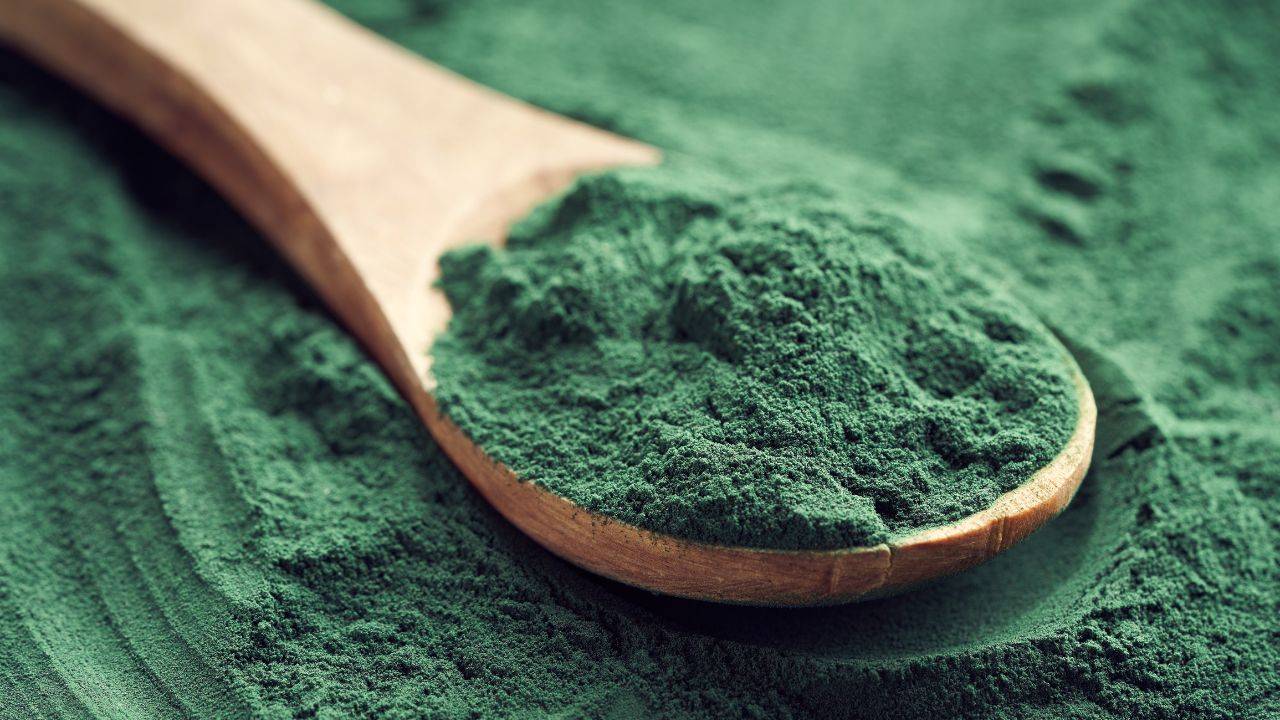Algae could find its way to our dinner plates in the coming years. The human population grows, so there’s an increased need for protein, and algae could become a dietary staple.
According to TreeHugger, algae has nutritional benefits and can be grown sustainably. Researchers from the University of California, San Diego, are saying it’s a good food source.
“Dr. Stephen Mayfield, one of the study co-authors and director of the California Center for Algae Biotechnology, said in a press release, “Many of us have known the potential of algae for food for years, and have been working on it as a food source, but now, with climate change, deforestation, and a population of eight billion people, most everyone realizes that the world simply has to become more efficient in protein production.”
The term algae encapsulates a range of aquatic organisms, from huge kelp to microscopic single-cellular organisms. But, the new study focuses specifically on microalgae.
Scientists found algae has a protein content ranging from 27% to 70%. For example, eggs are around 13%, and meat is around 22%. Moreover, algae are full of vitamins, minerals, and amino acids.
This makes algae a powerhouse. We could see them being used as bulk protein, for example, protein bars or processed foods that need high protein content. Ultimately, we could see algae replacing 25% of European protein consumption and 50% of vegetable oil consumption.
More inspiring green news similar to this:


